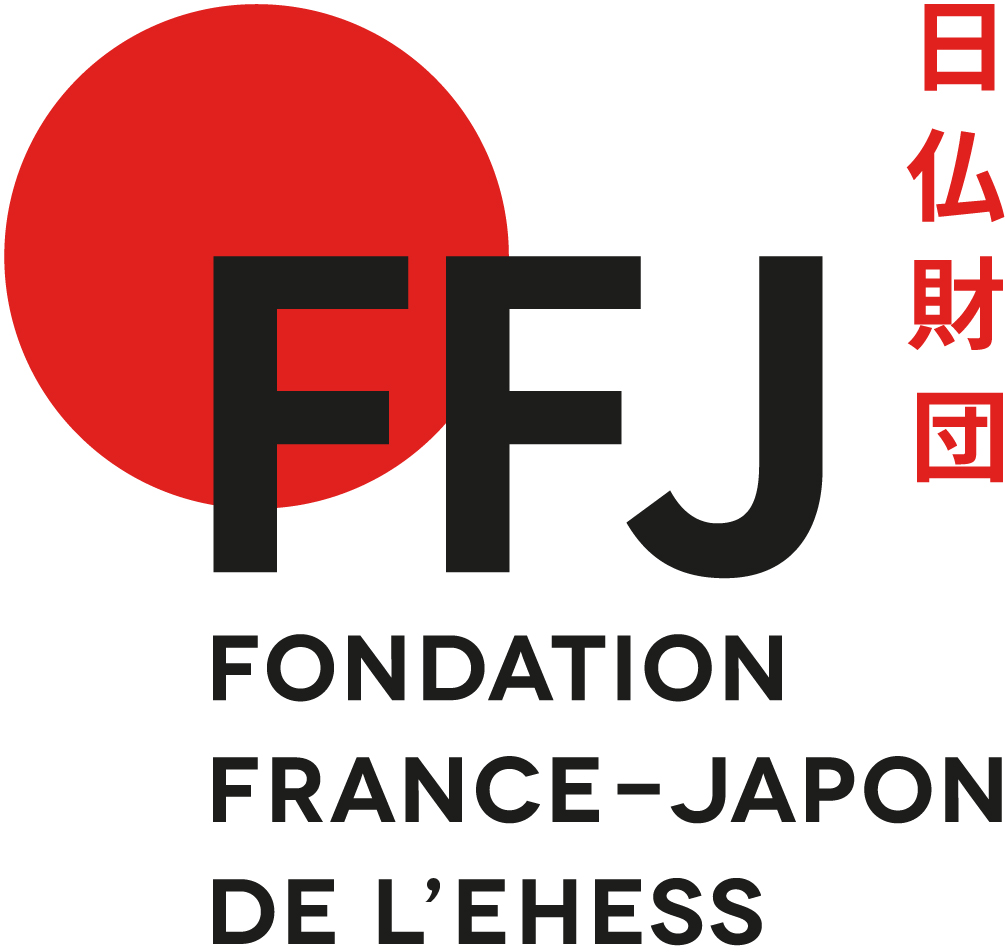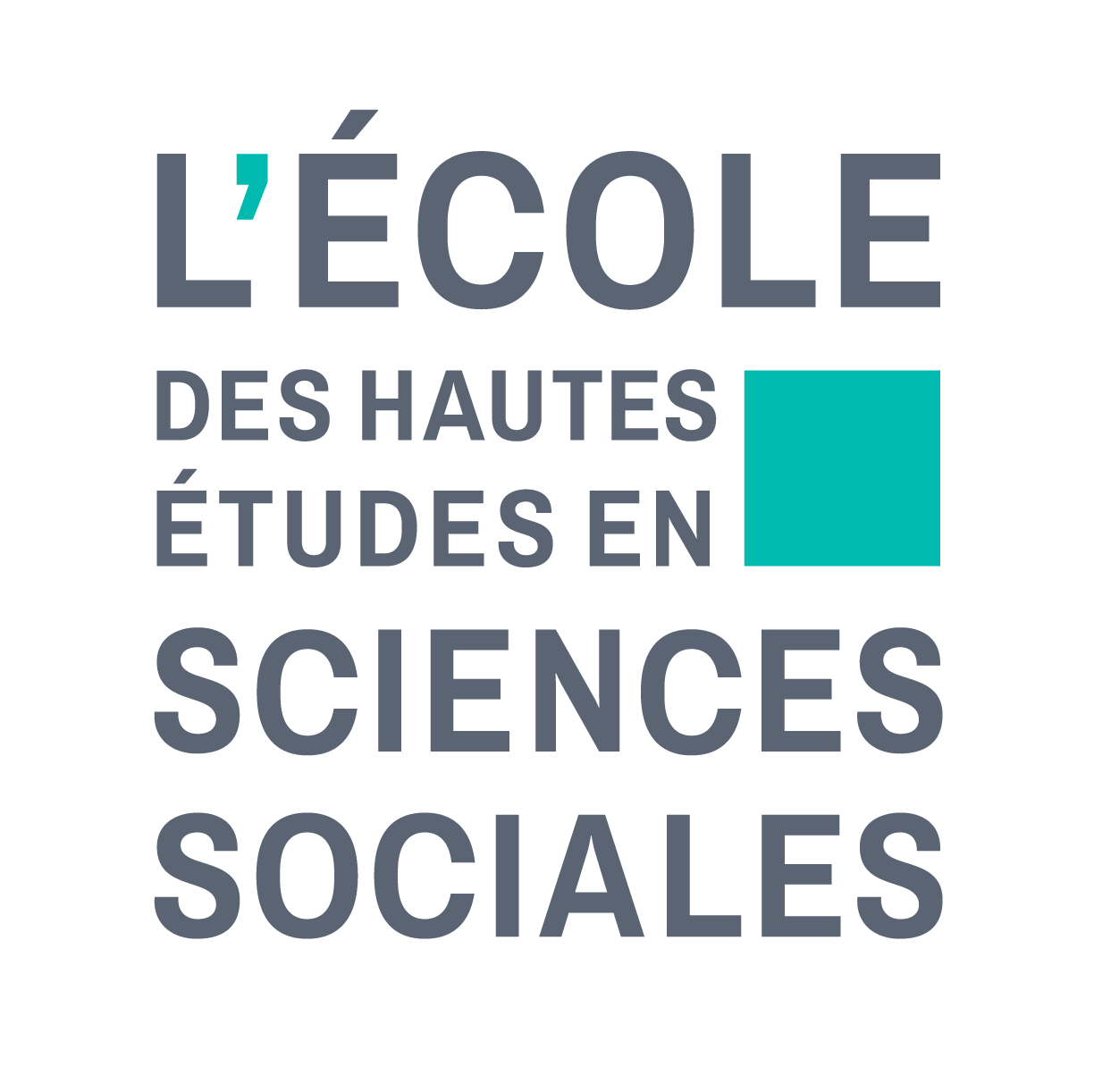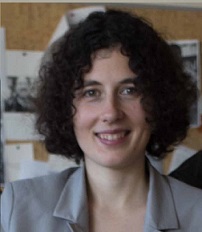Introduction:
My doctoral research explores the evolution of disability policies, in a French-Japanese comparative perspective, focusing on the field of education. The fieldwork conducted in Japan has been made possible thanks to a JSPS fellowship.
In both countries, the general framework of disability policies and special education systems has undergone major transformations in recent years. France and Japan are part of an international move towards policies promoting the development of an “inclusive society”, that is, “a society for all in which every individual, each with rights and responsibilities, has an active role to play” (UN, 1995). In the educational field, this has resulted in the development of “inclusive education”, i.e. the promotion of mainstream schooling rather than education in special schools.
Today, the educational system for children with disabilities lies at the crossroads of multiple issues, pertaining to the handling of “differences” at school and in society at large, to the medicalization of contemporary societies and the general evolution of public management and Welfare States.
The following table shows the repartition of disabled students (of primary school and junior high school levels) in the different schooling structures available (individual inclusion into an ordinary class, special class within an ordinary school or special school), according to their type of disability.
Academic attention is mainly focused on the transformations of mainstream schools. However, special schools are far from disappearing: in Japan, 100 000 children still attend a special school because of a disability, while they are 70 000 in France, and their number has not been decreasing in the last years. Even though inclusion has become a guiding principle, its implementation results, in practice, in a complex situation where the evolutions of various institutions intertwine.
Through comparison, this research aims at making clear some stakes of the development of inclusive education, as an international phenomenon, not to hierarchize countries according to their level of advancement on a unique path, but in order to explore the diversity of answers that are brought to similar issues in different countries. It focuses on the evolution of special schools, assuming that understanding their transformations is a way to highlight aspects of the shift to inclusive education that remain hidden when studying only ordinary schools.
How do special schools evolve in times of inclusion?
1) Disability: from a specialized to a generalist approach
Postulating that changes observed in the educational field can be understood only when considered in the light of the general evolution of disability policies and conceptualization, we have identified a common trend, in France and in Japan, in the social treatment of disability. This trend is characterized by the shift from a “specialized” approach of disability (strongly distinguishing between “disabled” and “non-disabled” people and also between disabled people themselves, according to the medical cause of their disability, and aiming at providing “adapted” treatment for each group), to an approach that can be called, as opposed to the latter, “generalist”. Indeed, after harsh criticism has been expressed against the conception of disability in medical terms, as developed by non-disabled experts, a new approach of disability has emerged (based on the “social model” theorized by scholars in disability studies, even though there is no consensus on this concept), in which the reference to a medically identified dysfunction is no longer central and gives way to a more fluid definition where individuals and situations can vary, regardless of usual categories of deficiencies (mental, physical, visual, hearing disabilities...). Therefore, the “specialized” discourse on disability (in which the disabled person is “special” and needs to be catered for by experts of her deficiency) fades into a “generalist” discourse in which the disabled person is first and foremost a person, who needs individualized support in some situations, to an extent that may differ from one person to another even if they have the same type of deficiency, or be similar between people with different deficiencies or no deficiency at all.
In the field of education, this new approach has resulted in the emergence of a new category: “children with special educational needs”, a category that is very broad, even blur, encompassing all children with disabilities while placing them in a position of continuity (rather than radical alterity) with other children (since any child may, at some point in her school life, have special needs, be they permanent or not).
Therefore, analyzing the current evolutions of special schools, whose purpose is deeply anchored in the specialized approach, means investigating how they adapt to the generalist perspective.
2) Managing generalism in special schools
In order to investigate this question, I have chosen to focus on the case of Schools for the Blind, which have a long history of specializations and present comparable features in France and Japan. I have conducted fieldwork in both countries. In France, I have worked for one year as a teaching assistant in a school, which has enabled me to share the daily experience of special education professionals. In Japan, I was invited as a JSPS fellow in Hiroshima University and I conducted observations and interviews in six schools for the Blind. I also had the opportunity to visit 15 other schools (ordinary or specialized in other types of disabilities), so as to be able to see how this research, which focuses on a narrow part of the school system, fits into a broader context.
Based on this set of qualitative data, we were able to analyze the evolution of special schools through the lens of the main actors involved in managing the shift to generalism: professionals, and more specifically teachers (as they account for the totality of staff in Japanese schools where professions such as “educators” do not exist). We used the theoretical framework of sociology of work and organizations.
Indeed, at the core of the evolution of special schools lies the issue of teachers' skills: the work of special teachers, supposedly based on the possession of specialized skills, is deeply transformed by the emergence of the generalist approach, as the main consequence of the development of inclusive education is a diversification of special school students' profiles. This diversification is the result of several factors, including the transfer to ordinary school of students with the fewest difficulties, the opening of special schools to more types of disabilities and, in the case of visual impairment, the decreasing prevalence of this disability in contemporary societies (due to medical progress). Today, schools for the Blind paradoxically enroll an increasing proportion of children for whom visual impairment is one difficulty among others, for whom the use of conventional methods of teaching for the Blind appear less and less relevant.
We analyze the evolution of special teachers' work and skills through three angles.
- The official framework of their work, in terms of qualifications and evaluation, matches the shift to a generalist approach, as special teachers' training is less aiming at acquiring expertise in one type of disability and more focused on the development of general relational skills, especially concerning the adaptation of pedagogy to each child's individual needs. However, this evolution appears less clearly in France than in Japan since, due to the ambiguous administrative status of special schools in the French system, there remains a double system of qualifications for special teachers, one oriented towards specialization and another promoting generalism.
- In fact, the conditions of teaching in special schools are very different in France and Japan. The students : teachers ratio is on average 1 : 10 in France and 1: 2 in Japan. Therefore, the main challenge of French teachers is to provide individualized support in a collective framework where all children have extremely different difficulties and a strong need for attention while, in Japan's almost empty classrooms, teachers struggle to invent ways of helping students to develop their autonomy and communication skills in a context where their socialization is very limited. Moreover, in France, specialized teachers have less and less opportunities to use their expertise of visual impairment and must adapt their pedagogical practices to a new public: children with associated difficulties. But schools also hire generalist teachers, with more diversified experiences, who can more easily deal with varied situations but do not command all the special skills related to visual disability. In Japan, due to teachers' job rotation system, there are actually very few specialists. They are in charge of small classes with only children who have no other difficulties than visual impairment and, besides, act as tutors for other teachers who have generally no previous training in visual disability (and often in disability at large); teachers' training appears as a major organizational issue for Schools for the Blind in a system where the development of teachers' skills is mostly based on on-the-job training.
- Whether one commands or not special skills in visual disability is a source of divergence in special teachers' professional identities, as constructed through peer-to-peer relationships and relations to hierarchy. However, in relationships with children and families, special teachers' professional recognition remains based on the ideal image of the teacher as both an expert of specialized pedagogical techniques and a caregiver meeting every child's individual needs.
Conclusion:
This research was designed to bring contribution to two fields. When we started this work, there existed only few publications on the theme of disability in Japanese in non-Japanese languages, and almost none in French. Therefore, we aimed at providing non-specialist readers with empirical knowledge on the Japanese special education system. Moreover, the comparative perspective enabled us to highlight an aspect of the development of inclusive education that is little accounted for in existing literature, by analyzing national particularities and observable convergences between France and Japan.
Nevertheless, the choice to conduct a comparative research, however fruitful as it may have been on the heuristic level, has lead us to limit our study to a very specific part of the school system that seemed comparable between France and Japan. Therefore, it left open several related questions. How are specialized or generalist teachings experienced by disabled students? What are the expressions of the tension between specialization and generalism in mainstream schools? Are all categories of disabilities concerned in the same way by this tension? How do special and mainstream schools collaborate to its resolution? These questions need to be tackled in specific research, in a comparative perspective or in monographies focusing on one country.










